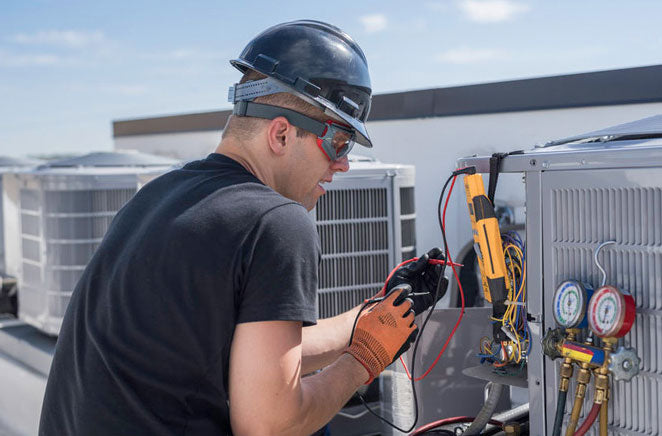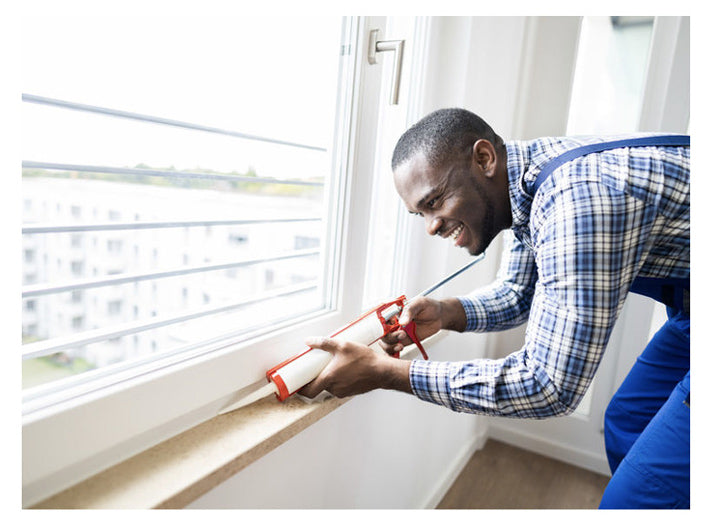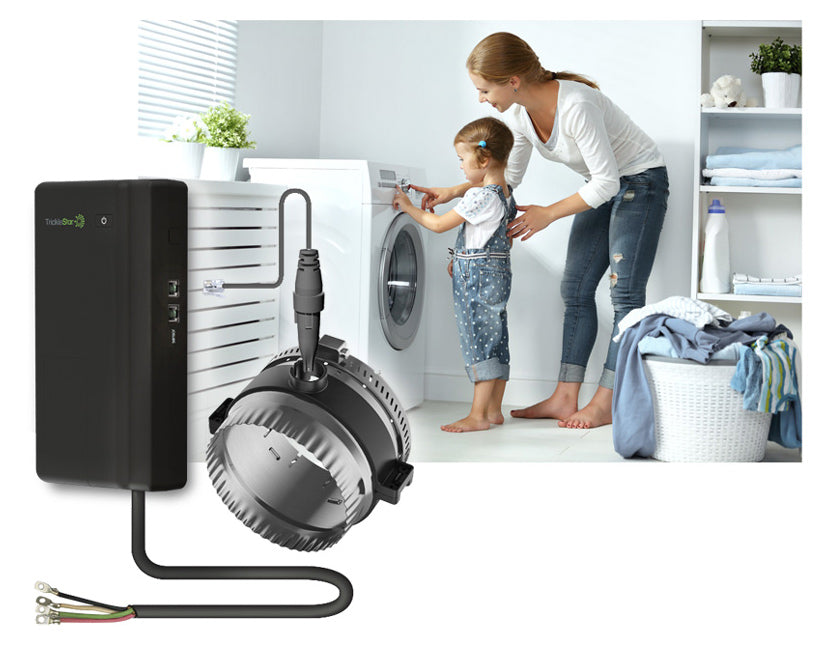Every home is different, along with different appliances and occupants. An energy audit by a certified energy professional is the best way to determine how you are using energy, where energy is being wasted and identifying the best opportunities for saving energy according to your budget.
With this in mind, here are the main areas for improvement to minimize energy waste in North American homes.
With this in mind, here are the main areas for improvement to minimize energy waste in North American homes.
Mechanical Systems (HVAC and Hot Water)
- Clean, tune, repair, or replace heating and/or cooling systems
- Install duct and heating pipe insulation
- Repair leaks in heating/cooling ducts
- Install a smart thermostat and configure schedules and EPA recommended min/max setpoints
- Repair/replace water heaters
- Install water heater tank insulation
- Insulate water heating pipes
- Install a water heater controller
- Install solar hot water heating system

Building Shell Measures
- Install roofing and wall insulation where needed
- Perform air sealing
- Repair/replace windows/doors
- Install window film, awnings and solar screens
- Repair minor roof and wall leaks prior to attic or wall insulation

Electric And Water Measures
- Install efficiency light sources - preferably LED fixtures
- Install low flow showerheads that are EPA approved to reduce hot water waste
- Replace inefficient refrigerators with newer Energy Star rated models
- Service dryer exhaust ducts to ensure they are clean and unobstructed
- Install a DryerSaver to reduce over-drying by electric clothes dryers
- Install Advanced PowerStrips to reduce standby power from consumer electronics
Once installed, these energy-efficient measures will continue to save money and energy year after year and increase household incomes so funds can go towards key living expenses.
